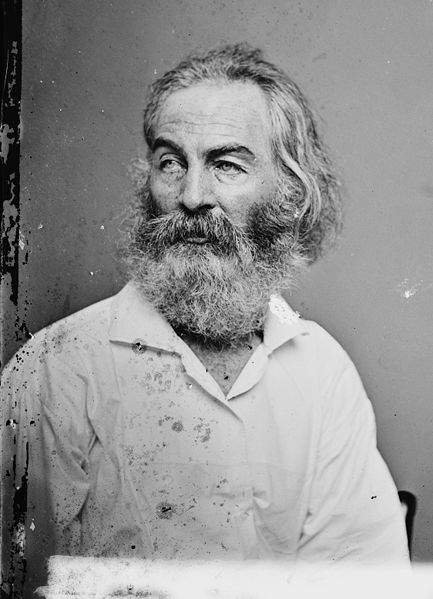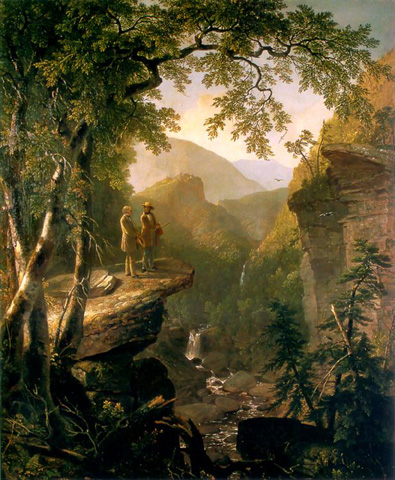Furthermore, by using symbols to represent certain aspects of our human nature, we avoid the 'us' and 'them' mindset that so enables the dragon in its rationale, such as the stoking of nationalism. By casting light on the issue, it can enable us to see with greater clarity of greed as a destructive force; the dragon hides in false narratives as stated in the previous blog of September 22.
So how do we slay a dragon? There's only one way that occurs to me, taken from a poetic verse in the Biblical Book of Revelation (12:13):
They defeated himPut another way, you have to pick up the cross and slay the dragon, as Jesus states according to Biblical Book of Mark (8:34):
by the blood of the Lamb
and by the word of their testimony;
they did not love their lives so much
as to shrink from death
"If anyone would come after me, he must deny himself and take up his cross and follow me."The narrative of Christ accepting the cross is a narrative symbolizing a deep sense of love and faith, among other virtues. Thus to overcome the dragon, representing greed in both power and wealth, we draw on the power of the cross, representing a deep faith in the human capacity to love, though it may not be of benefit to our lives individually. This is both an internal and external human struggle for the best of our nature to overcome the destructive forces of our nature.
Does this mean we're fulfilling prophecy? That's what we're trying to do as we seek divine guidance in human salvation. But the old adage applies here: Man proposes, God disposes.













